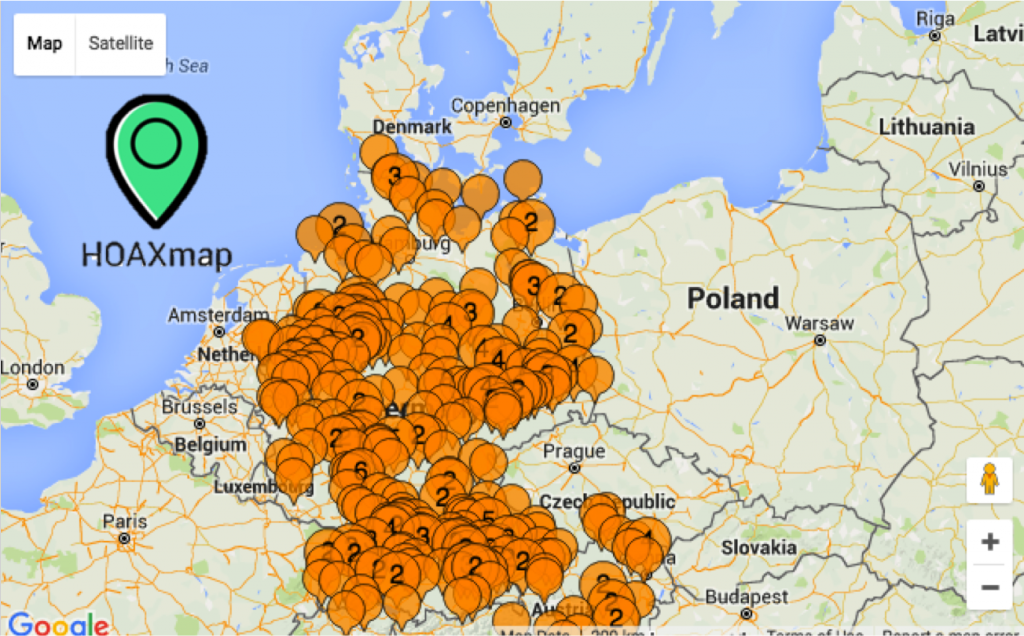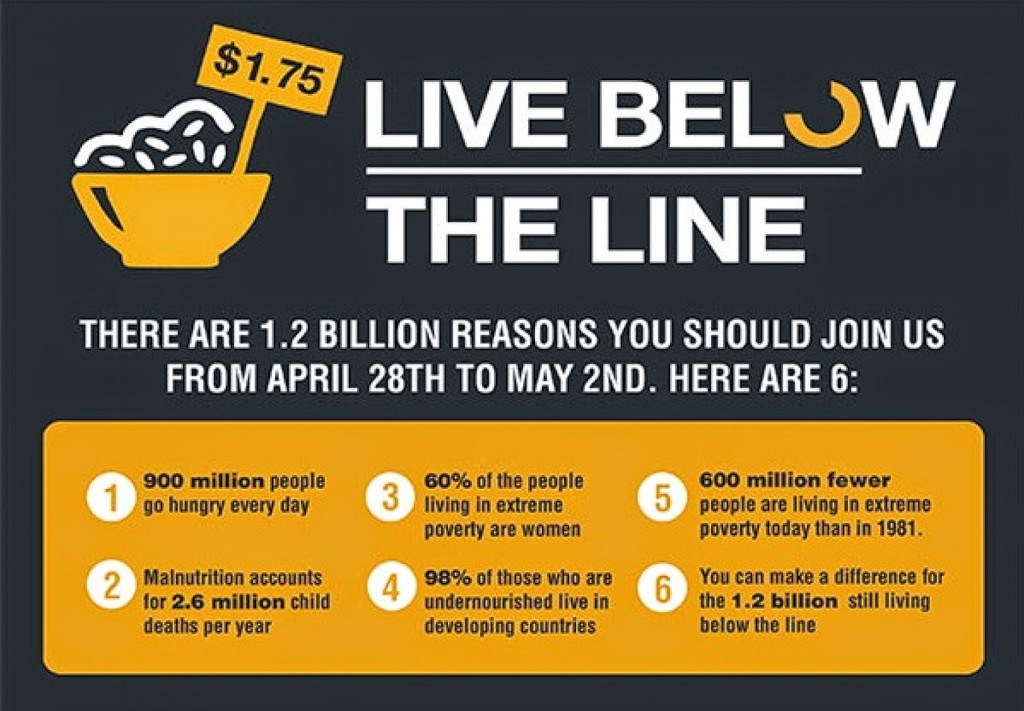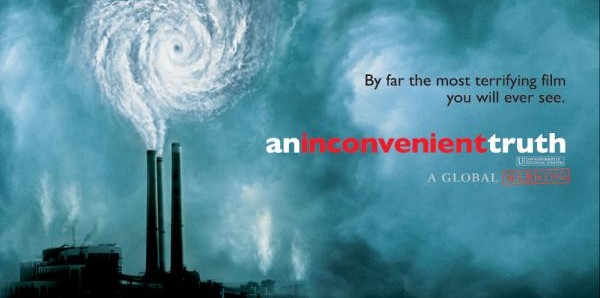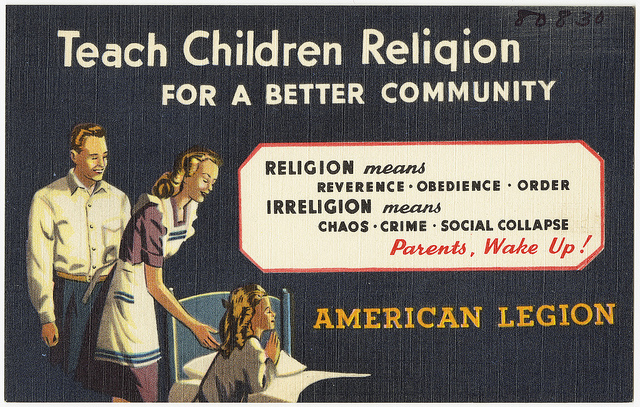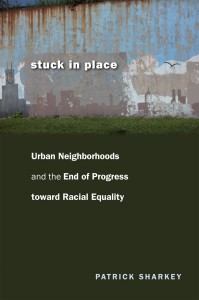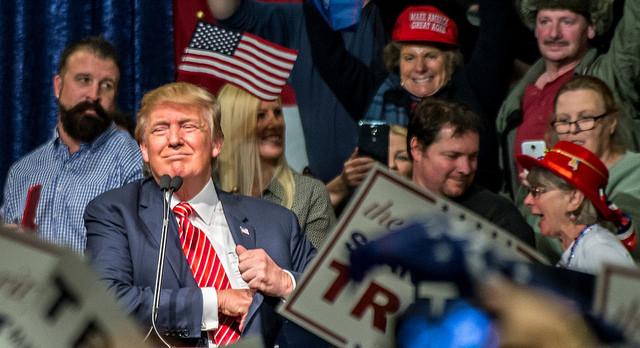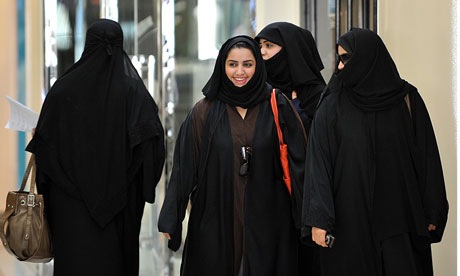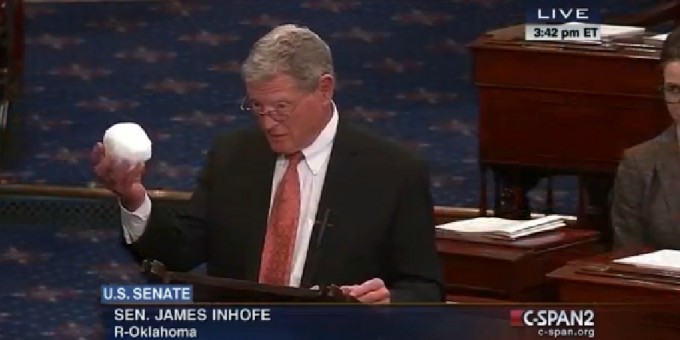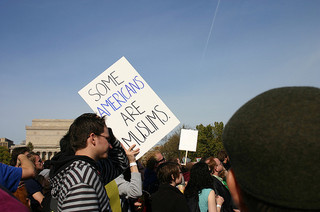
Over the course of the primary season and the beginnings of the general election, there has been a lot of inflammatory rhetoric surrounding Islam in America, mostly propelled by politicians on the political Right such as Donald Trump. Such shifts in political discussion can often have a ripple effect, and as described in an article by Vox, even the narratives and language used by politicians on the left begin moving in this direction. With help from sociology professors of Erik Love of Dickinson College, Charles Kurzman of University of North Carolina, Chapel Hill, and Neda Maghbouleh of University of Toronto, we get an inside look at how discussion surrounding American Muslims takes on problematic features.
As Islamophobic arguments move through the airways, it changes the dominant ideas about judging the “line” in political discussions. For example, alongside more extreme comments made by politicians like Newt Gingrich, Hillary Clinton’s discussion of “peace-loving Muslims” becomes a more acceptable norm. However, these narratives still function at the core by suggesting that Muslim and American identity are incompatible, or that American Muslims are unduly obligated to earn their right to respect and safety. Consider research described in the article below:
“[F]ocus groups with Muslim American communities show that Clinton’s comments also “resonate poorly,” Charles Kurzman, a University of North Carolina sociology professor, said.
“When [Clinton] frames the choices this way, it means that for Muslims to be ‘good’ and worthy cultural and political citizens of America, they have to pledge fealty to the same law enforcement, media, and politicians that have been surveilling, jailing, and abusing them based on their names, their faith, and their physical appearances.”
The Vox article is quick to point out that Hillary Clinton hasn’t always made problematic statements regarding Islam, nor is this shift in rhetoric limited to her or to this presidential race. Rather, it seems likely that as inflammatory rhetoric targeted at Muslims continues, it simply normalizes problematic, unfair characterizations and opens the door to exclusionary attitudes.


